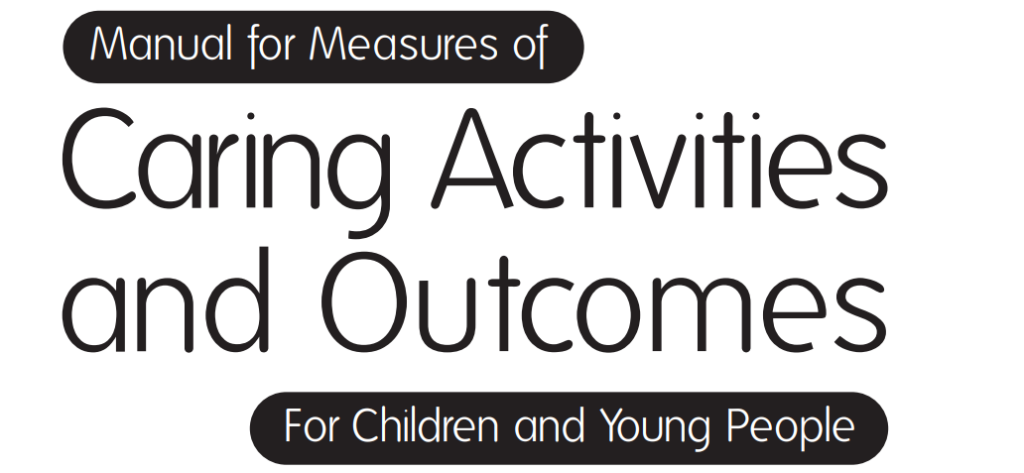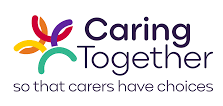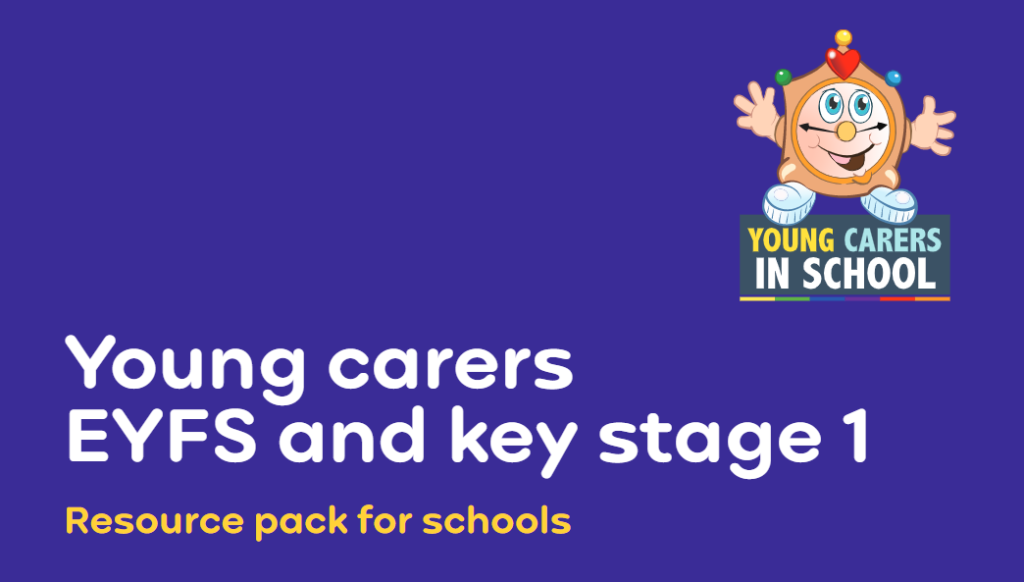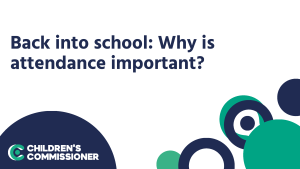Guidance
Guide for attendance officers
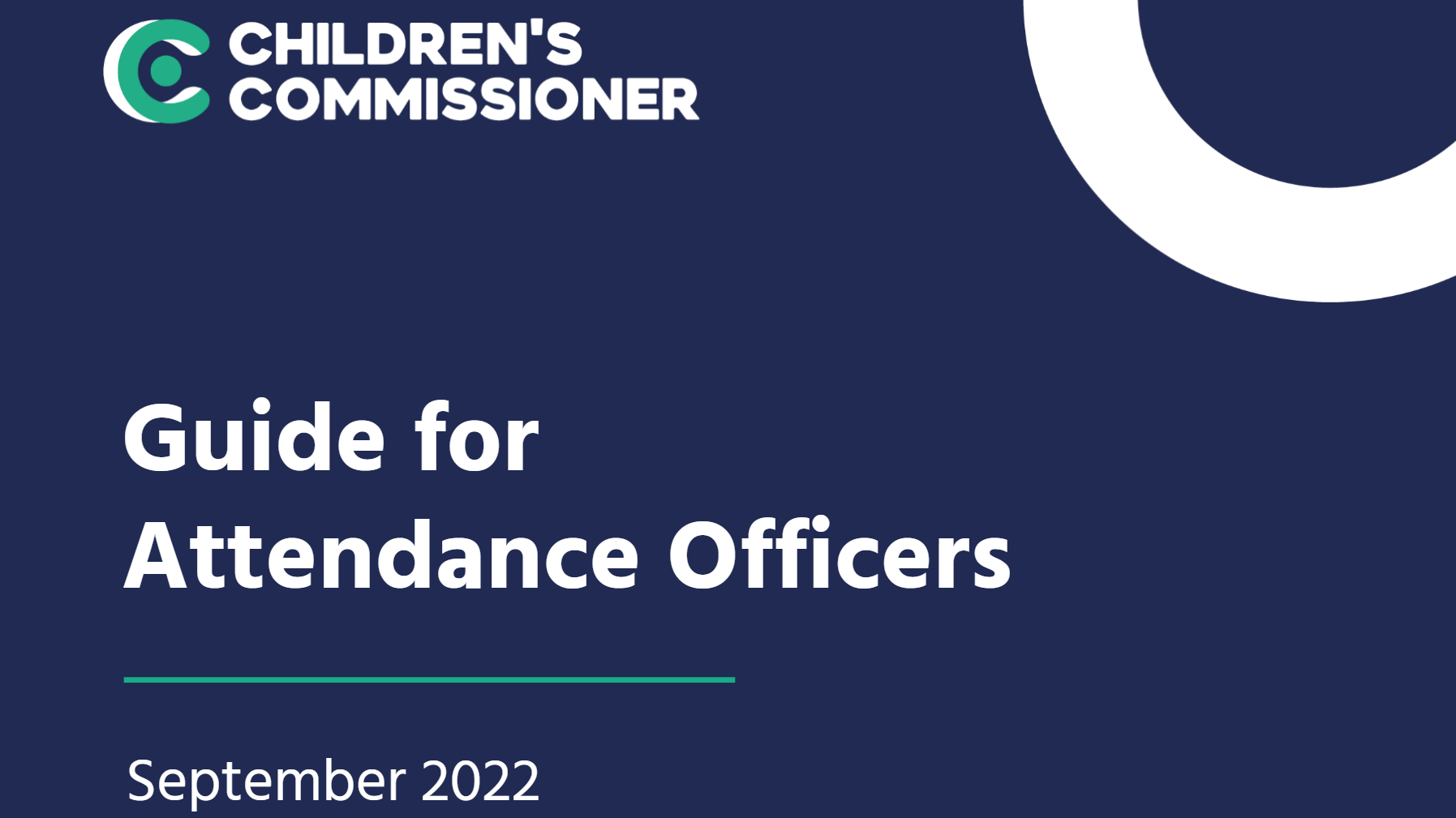
Improving school attendance: support for schools and LAs and guidance for parents | DfE

Assemblies and activity packs for schools
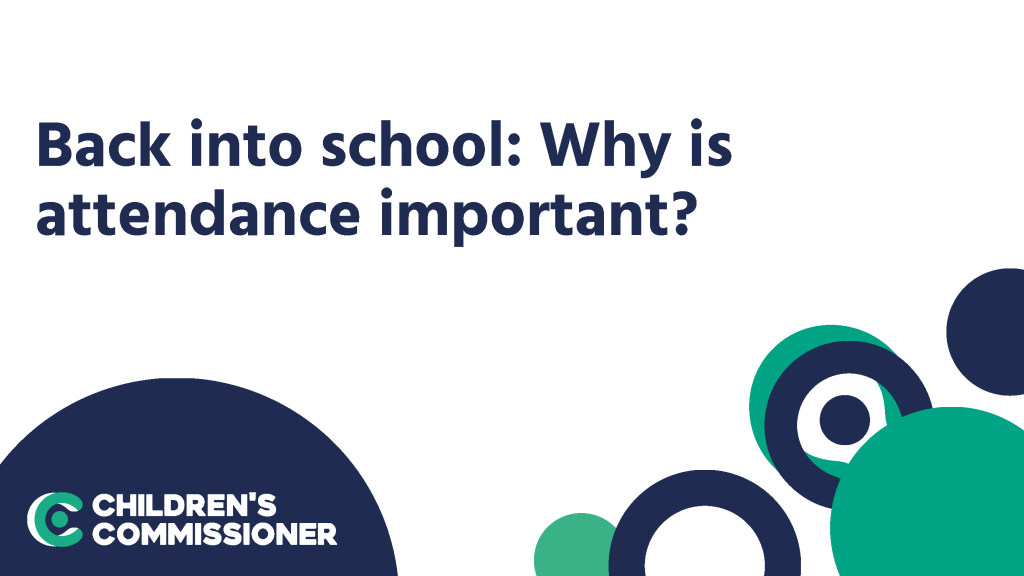
Why is attendance important? Assembly slides
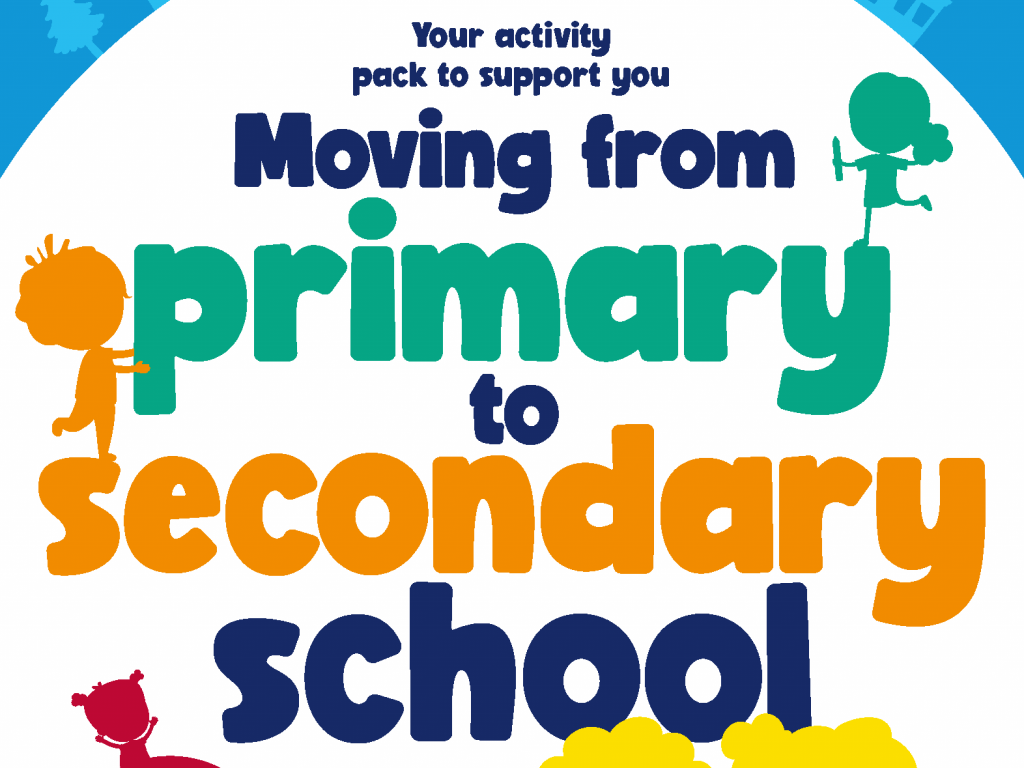
Moving from primary to secondary school – Activity pack
Insights from the Children’s Commissioner
Back into school: New insights into school absence – evidence from three multi-academy trusts
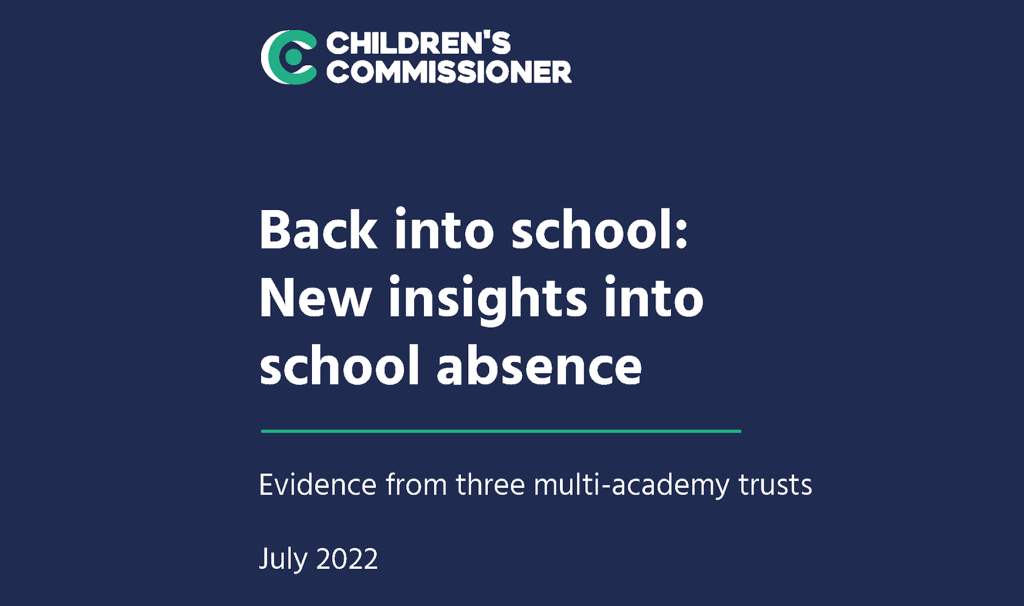
Back into school resources for children and young people
Back into school resources for families

Mental health and wellbeing resources
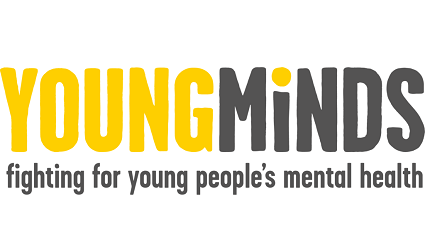
Mental Health Resources For Professionals working with Children and Young People | YoungMinds

Traumatic bereavement for school & college communities | UK Trauma Council

#YouveBeenMissed resources for educational professionals | Birmingham Women’s and Children’s
Bullying resources
Preventing bullying | Gov.uk
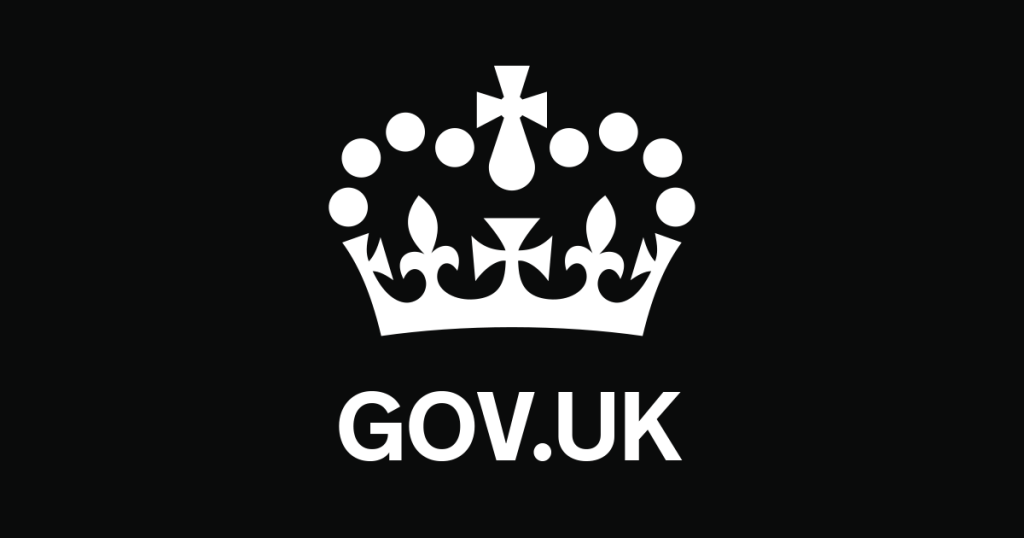
Back to school | Kidscape
Top tips for dealing with bullying | Kidscape
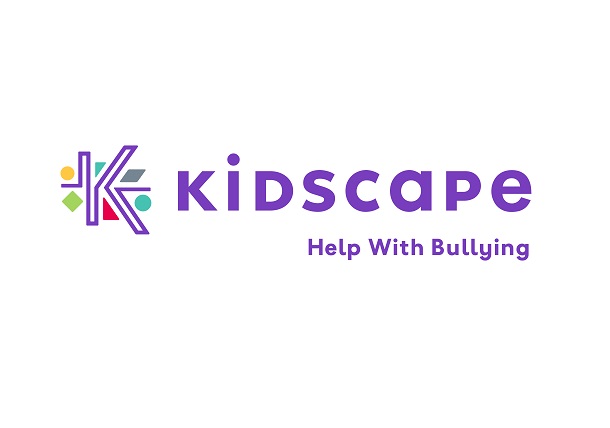
SEND resources

Summary of the SEND review: right support, right place, right time | DfE

SEND and alternative provision improvement plan | Gov.uk
Help at Hand
The Children’s Commissioner’s Help at Hand service offers advice and assistance to children in care, children working with social services, children living away from home, and care leavers.

Kinship care resources
Child in kinship care.
Young carers resources

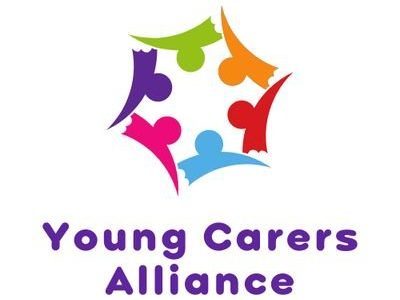
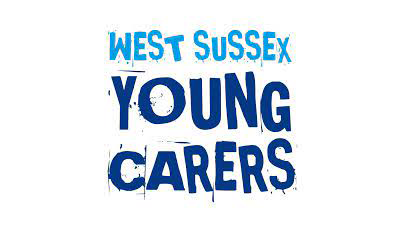
- Recognise that our responsibility as carers can affect our education and schoolwork
- Find out about us, what we need and how we are not like other students
- Take time to find out about individual problems at home. Sometimes we’re too embarrassed to tell you ourselves
- Don’t automatically punish us if we’re late. Sometimes we can’t help being late because we’re helping out at home
- Provide more support such as lunchtime drop-ins or homework clubs
- Be flexible – give us more time and help to do homework or coursework
- Include information about young carers and disability issues in PHSE lessons
- Let us phone parents if we need to find out if they are OK
- Make sure there is a clear and up to date community notice board which has support information for us and where else we can get help in the community
- Ensure teachers are offered training on young carers and disability issues both at university and on inset days.
West Sussex young carers have also created:
- a guide for school leaders and governors to provide access to relevant information and advice in order to provide quality support for young carers within their educational setting.
- a guide for pastoral and other school support staff, to provide access to relevant information and advice in order to provide quality support for young carers within their educational setting.
